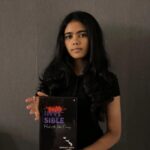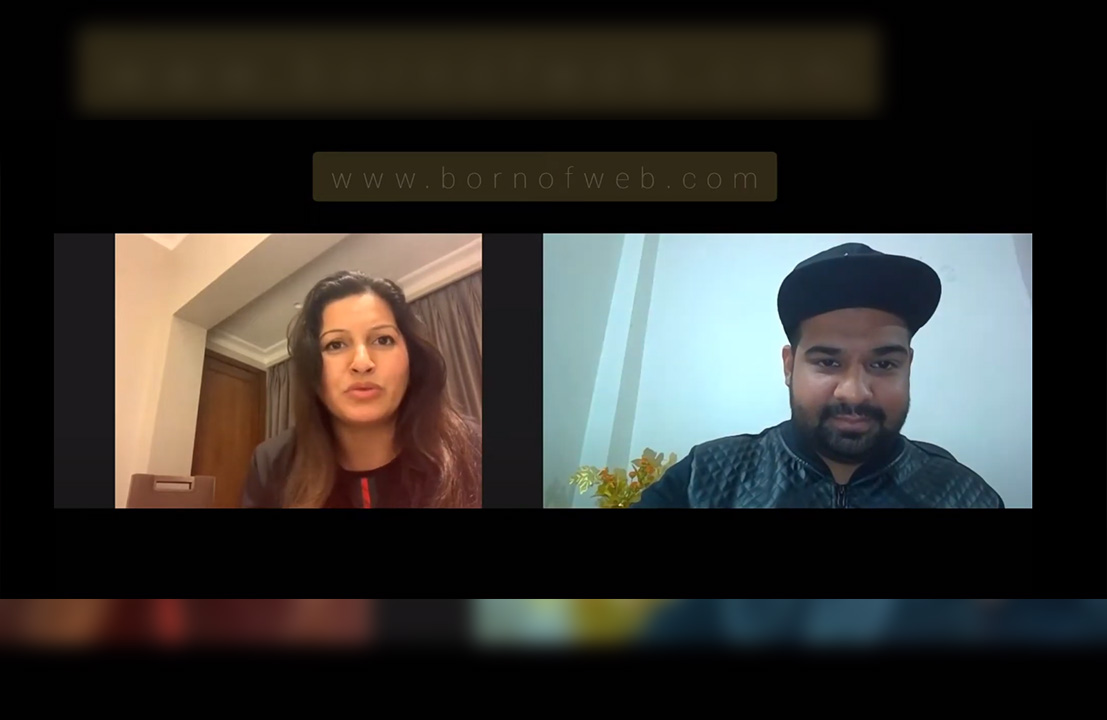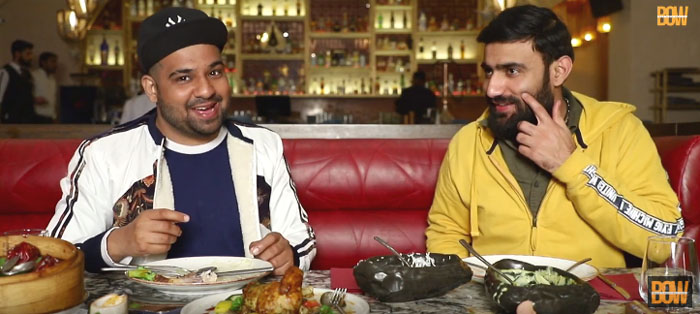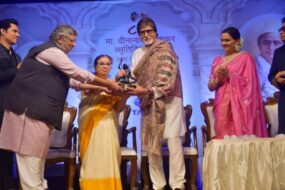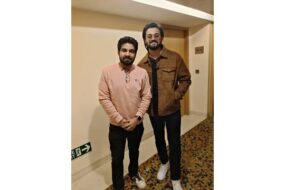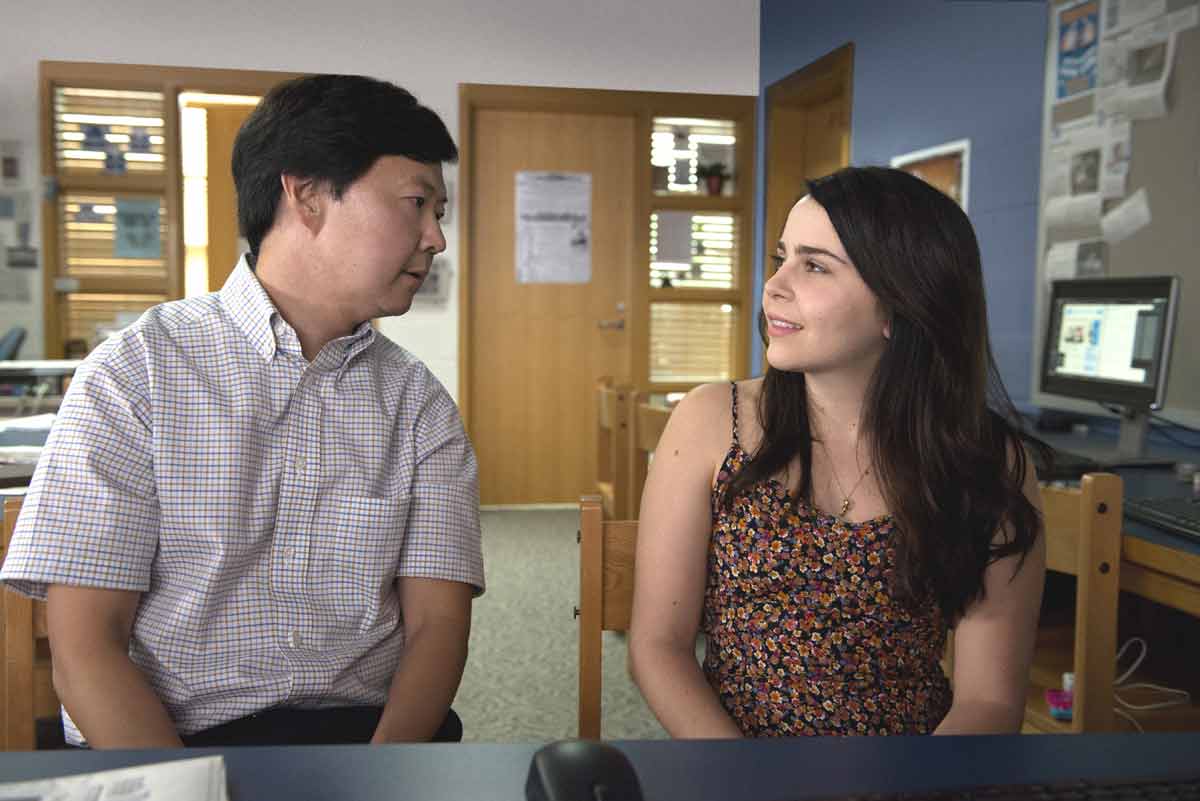

Ken Jeong, mostly known to play gangster Leslie Chow in The Hangover trilogy, talks about Indian release of his movie The Duff and why he would love to do a Hindi film
Let’s begin with India. Have you ever been to India?
No, I haven’t got a chance to visit yet. But I am very much aware of the diverse culture and ethnic cuisine it offers. If I ever get a chance I would love to visit India.
Would you do a Bollywood movie?
Of course. I have seen a couple of Bollywood films. It is very unique from other industries with signature style of cinema. Bollywood has very high entertainment values. If I ever get an offer of a Bollywood film, I would definitely take it up if the role looks interesting.
What’s the character like in your next The Duff?
My character’s name is Arthur who is Malloy High School’s journalism teacher, and mentor/surrogate father to Bianca whose real father is absent following a divorce from her mother Dottie. My character sees the potential in Bianca. He challenges her, pushes her and even scolds her. He is a good coach and mentor who knows that she can handle the challenges so he challenges her even more.
People recognise your work in India. Do you think it’s going to have a positive effect on the box office here?
I am very surprised to learn that I have a fan base in India. I don’t know about the positive effect at the box office, but I am very excited that this film is going to release in India. The Indian audience will get to see a new character that I haven’t explored before. The film has a positive message that I am sure audience will definitely love and relate to.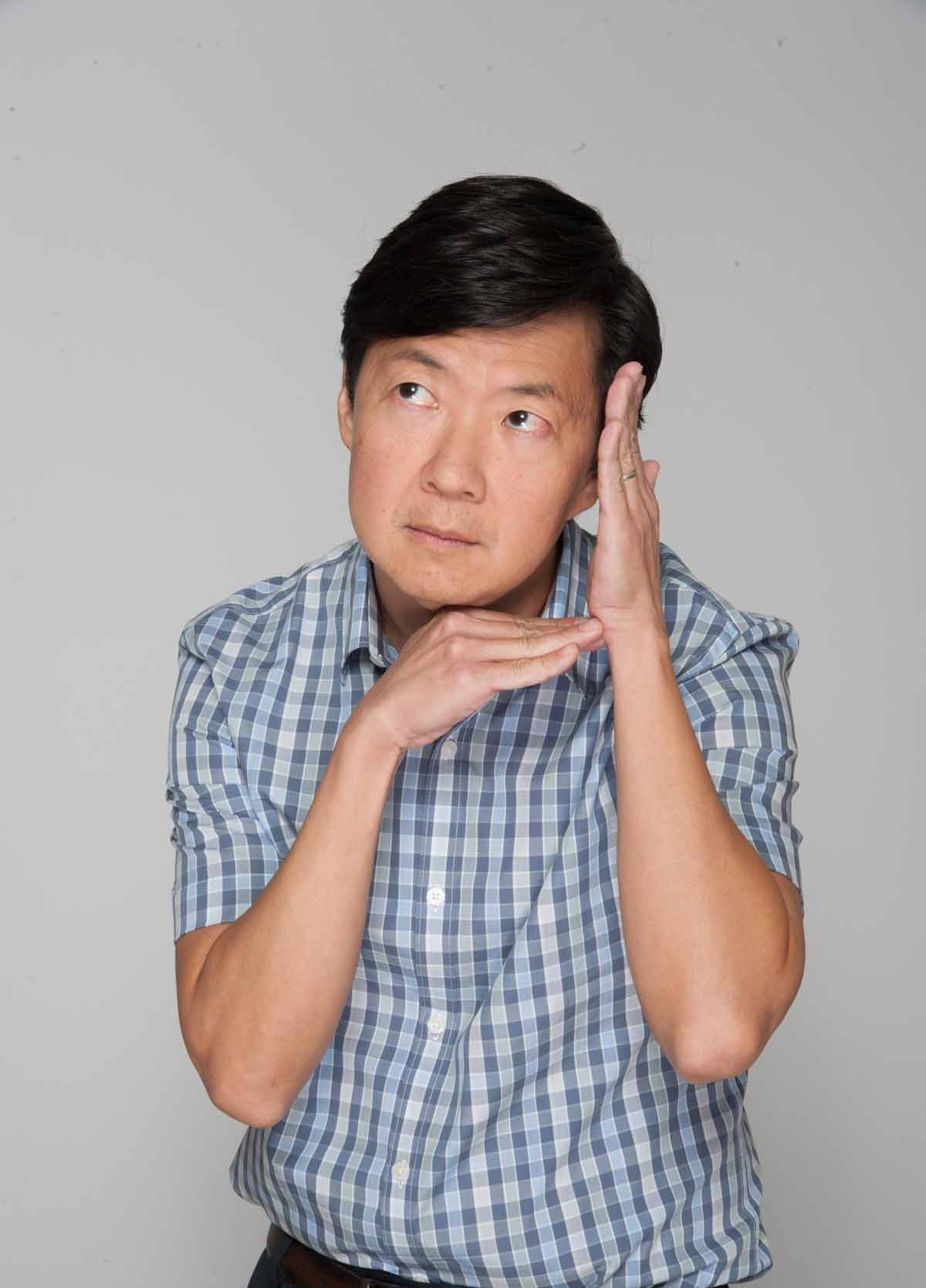
You are known for your crazy and eccentric roles. What attracted you to play the role of sober school teacher?
I found the story both hilarious and emotional. It really had a great heart, and I loved the role. What I loved about the characters is that they’re three-dimensional. There are no one-dimensional archetypes. Everyone’s got a layer of humanity to them. The story aspires to teach self-acceptance and to discourage labels and stereotypes.
What was your experience working with director Ari Sandel?
Ari is a very funny guy and comfortable to work with. He is amazing because everything he does is organic and that’s the best way to describe his process. His style is so relaxing for actors. He allowed me to create so much stuff on set that were just fantastic.
How do you prepare yourself for funny characters?
I never think about making it funny. I think of making it good. If it’s a comedy, you have to give some funny tone. That’s what you need a good director for, and Ari was very clear what he wanted out of my character. He knows how to set a specific comic timing for the film. That’s hard, and that’s really dependent on the film-maker. I have played twisted characters in already deviant comedies, but I toned it down a notch here to play the affable, goofy editor of the school newspaper and high school teacher who is also a former duff.
You have dabbled in both television and movies. Which do you enjoy more?
It will not be fair to choose one over the other. The first and foremost fact is that I do both because I love and enjoy both the media. Essaying the role of Chang in community has a sense of comfort about it. I sometimes think of Chang as my alter ego. Movies are a different game all together. I work with a fresh group of people every time who expect me to bring something fresh to the table. Also movies give you a chance to diversify and meet new people, listen to new ideas. To me this is an integral part of my learning curve.
After the cult comedy Community, you have moved to another teaching gig in the comedy The Duff. How are the two different?
The profession of teaching is the only common factor between these two. In Community, I was playing the psychotic ex-professor, ex-dictator and ex-amnesiac Ben Chang. In The Duff, I play an affable goofy high school teacher. I have purposely added shades of subtleness to my character of Arthur. It falls to my character to challenge my student Bianca played by Mae Whitman. As her mentor, I coach her and show her the ways of the world, helping her in her journey towards handling challenges and coming into her own. This mentor-student journey is always strife with conflicting emotions — gratitude, frustration, happiness, failure and then the eventual coming of age.


